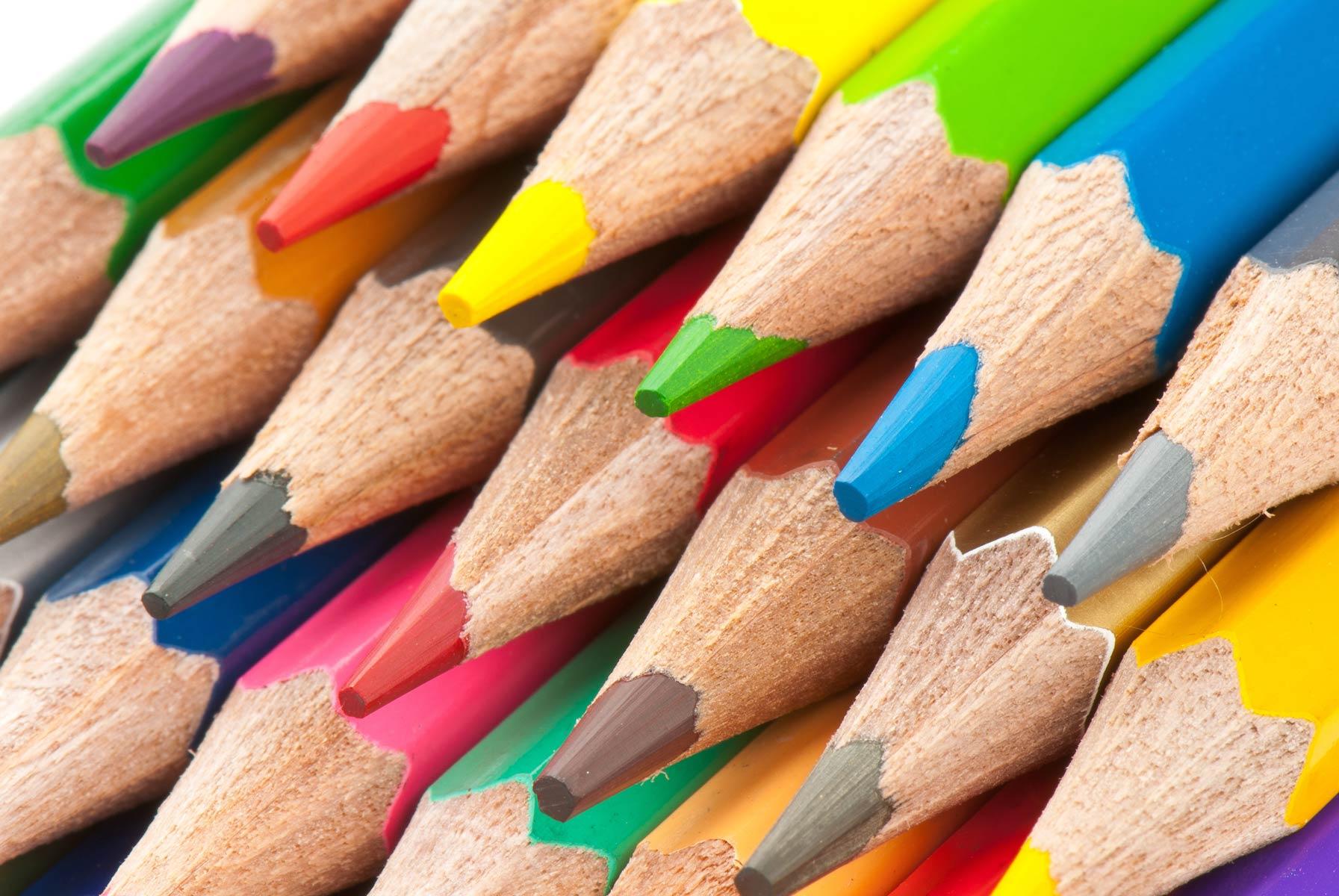
Things ELLs Need
#1 Visuals: A Strategy for ELLs and ALL learners!
Help Classroom Teachers Provide More Visuals
ELLs often struggle to process auditory information at the speed in which it’s delivered during a classroom lecture. Visual cues like photos, graphs, gestures, real-life objects, and even quick drawings help students follow content. Images -- when added to definitions, directions, and reading passages -- can greatly increase student comprehension.
Being more intentional about incorporating visuals regularly in both classroom instruction and handouts will greatly benefit the language learners in our classrooms.
A Reminder from Carol Salva (ELL Guru)
What's Going On in This Picture? New York Times
https://www.nytimes.com/column/learning-whats-going-on-in-this-picture
The site includes a strategy for working with the image in the classroom, but a general content area conversation can occur around interesting pictures by doing the following:
- Select an interesting picture or painting.
- Ask students, "Please look at the picture silently for a minute and think about what you see. What's going on in the picture?"
- After a minute opens up the question to the room, "What do you see in the picture?" The students' responses often start out with the obvious — "There's a man walking a dog and another man riding a bike. The picture looks old. I think it was taken in a city."
- When a student offers a qualitative statement, the teacher asks for more information. "You said the picture looks old. What makes you say that?"
The students justify their answers by providing evidence from the picture. They may say, "It's in black and white, and the cars in the back all look like they were made a long time ago." - Next the teacher asks students to share differing opinions and provide justification. One student may say, "The man on the bike is wearing a suit. I think he is going to work on his bike because he doesn't have a car." The teacher then asks, "Does everyone agree? Is that why this man is riding his bike in a suit?" Another student might say, "I don't think so. I think he just likes riding his bike. Maybe they didn't make clothes for riding a bike then."
- The discussion goes on until students have shared all they can about the picture.
- The teacher summarizes what the students said. "So, after looking at this picture we think that, maybe relatives — who lived a long time ago. We can tell this because of what they are wearing and because the picture is black and white."
- For the next activity, the teacher can either have the students write a few sentences about what they discovered, or read a text related to the picture.
Ideas for Adding Visuals
Photos for Class
Safe Search Kids
Powered by Google.
Kiddle
Image search for kids, powered by editors and Google safe search.
Pics 4 Learning
Pics4Learning is a safe image library for education. Teachers and students can use the copyright-friendly photos & images.
edu pic
Find free photographs for education.
National geographic kids
Browse photo galleries of topics like biomes, animals, weather, space, seasons, and Native Americans.
Videos for Educational Use
SchoolTube
Like YouTube but for students and teachers.
Watch Know Learn
Free educational videos for students. Drill down by subject or use the search box.
National Geographic Kids' Videos
Videos about history, science, animals, people, places, and more!
The Kid Should See This
The Kid Should See This connects busy teachers and parents to a growing library of smart, short, and super-cool, “not-made-for-kids, but perfect for them” videos that can be watched in the classroom or together at home.
